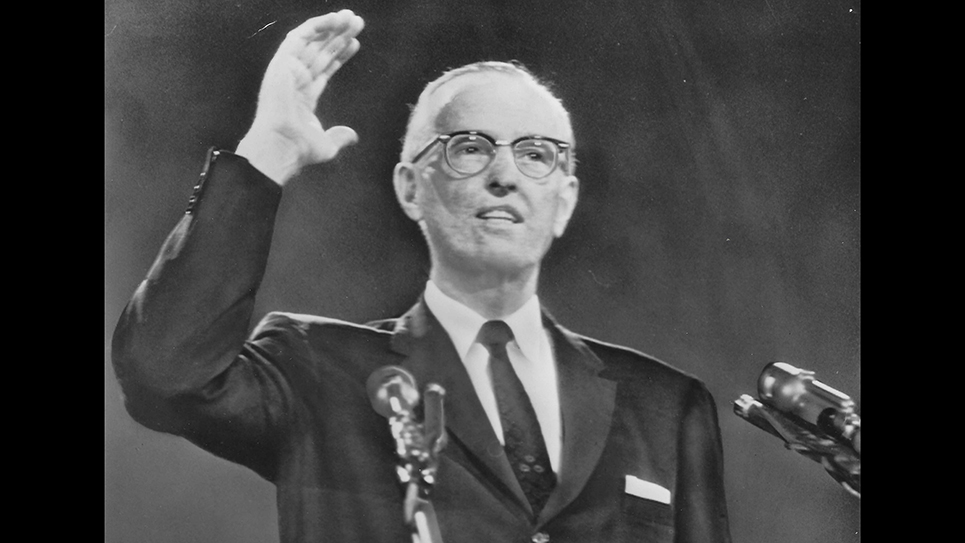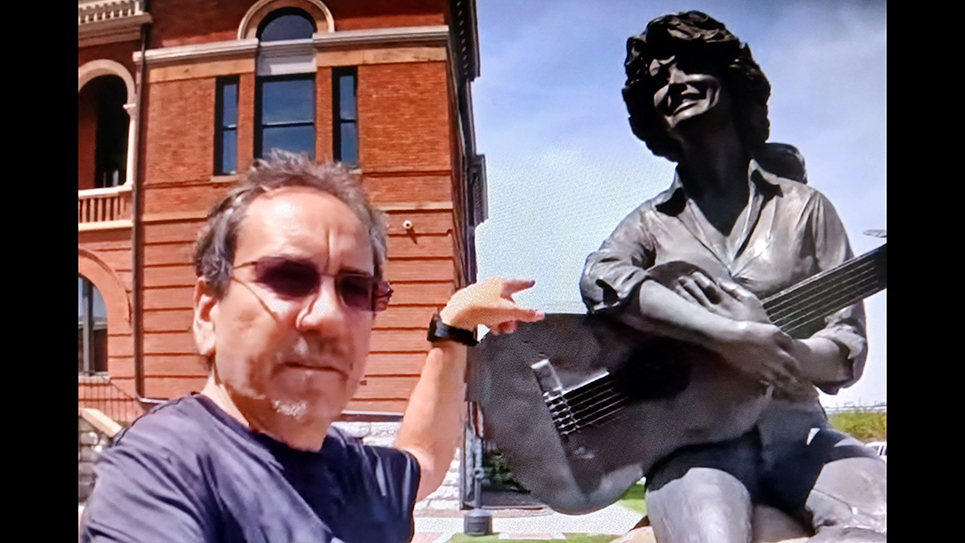About this time every year, lady friends of mine begin to talk about how stressed-out they are. Apparently, their nurturing gene shifts into full throttle as the winter solstice nears, and women feel they must make Christmas “magical” for their children and family.
Now, don’t get me wrong, I appreciate my wife’s efforts. Heck, I and the rest of our clan benefit mightily from the nurturing and loving gene she and most other women possess. I was shocked, however, when Becky asked my blessing to forego putting up Christmas garlands inside our house this year – she had already decorated outside and inside elsewhere.
Getting into the Christmas spirit is a state of mind that sometimes needs to be sought or kindled. Becky and I use Christmas movies and holiday music to help us transition from late fall into the Holiday Season. And there are also parties and decorations that help us become acclimated. And, though not my style, lots of folks send Christmas greeting cards. In a day where letters by snail mail are few, these greetings are a welcome hello from sometimes lost friends. Even shopping can be tolerable if done in the right spirit.
Advent candles and church sermons also help me. The word Advent derives from a Latin word (adventus) for arrival, portending the latest and annual arrival of the Christ in our hearts. He is, after all, the reason for the season, despite what secularists, militant atheists and self proclaimed “freethinkers” say.
What is it about the Holiday Season and Christmas that women seek for their families? It’s not the “magic” of a David Copperfield which is orchestrated and comes, so to speak, from the outside in. I believe the genuine magic of Christmas originates deep inside and then radiates outward into a broken and often dysfunctional world. Even Ebenezer Scrooge finally figured this out.
I’m a contemplative guy, a thinker. Patients used to ask me if I did surgery and I would often point to a replica of Rodin’s famous sculpture on my desk called The Thinker and say, “No, I’m a thinker not a cutter.” As a Christian, Christmas is philosophically and theologically important for me, perhaps even more so than Easter. These days, my reflections on the Advent Season, are of Christ entering the world. He would change the course of history, define Judeo-Christian Western civilization and orchestrate our hope and our salvation.
Expanding on this notion, what was Jesus’ purpose when he was born in Palestine two thousand years ago? Historians, atheists and Christians agree that Jesus of Nazareth was a real person who was born and lived and was condemned on trumped up charges and crucified. There is no evidence to contradict that Jesus led anything but an exemplary life. And through his teaching and actions, which are still changing lives and the world today, he earned street creds (credentials).
After the crucifixion, Christians believe Jesus was resurrected from the dead (not resuscitated). He was subsequently seen by more than five hundred people over the ensuing seven weeks before returning (ascending) to heaven. Christians believe God, embodied in Jesus, lived among us virtuously, taught us and ultimately sacrificed himself for the sins of all men. Christians believe that those who trust in Jesus Christ are promised a better life now and salvation in an afterlife.
I accept, no, I embrace, this mystery and blessing because it makes my life better now and there is the hope of then. But there is more. The Bible is the story of where we came from and why we’re here. I’ve come to believe that the universe, as well as all space and time, is a creation of the power and will of God. This is called the Intelligent Design and Designer perspective. To me, it seems infinitely more plausible than the notion that the universe just “popped” into being 13.5 billion years ago (from where?) and thoughtful life was inevitable, given sufficient time and opportunity.
Panentheism (not pantheism) is the philosophical concept that all of Creation exists in the created and sustaining sphere of God. In keeping with this notion, the Christian apologist, C. S. Lewis held that God exists outside of space and time – because He created it. The Scholastics led by Thomas Aquinas in the 1300s came to the concept that everything is contained with the universal law/will of God. Within this sphere, the Divine laws of God, like the Ten Commandments, operate. And then, like Russian Nesting Dolls, the next sphere of nature and natural law operates. An example is my dog, Jack, who follows his nature and acts like a dog. The innermost sphere and lowest hierarchical function is positive law, the laws of man.
But God realized that it wasn’t working. Man, who was given free will, was repeatedly choosing his way rather than The Way. As result, God decided to become incarnate and live as an exemplary man. There is truth in walking the walk, earning street creds and thereby being able to talk the talk. Yes, omniscient God knew what it was to be a man, but by virtue of his life in Jesus, we experience God in a palpable way. Jesus came, “grew in stature and wisdom,” and by living an exemplary life and teaching The Way he imparted The Truth to humanity.
In the prologue of my novel, “Epiphany,” (online at Amazon and Barnes & Noble) the reason for the Creation is explored. However, the Bible trumps my philosophical musings and creation theology by more importantly explaining our purpose. Simply put, our purpose is to love and “praise God from whom all blessings flow,” and to love others as we love ourselves – and as He loves us. These are tall orders and we often fall short of this ideal. However, I believe Jesus Christ/God/Spirit completely understands our limitations and loves us anyway; perhaps as we always love our children. It is a mystery and a Christmas gift, as well as an everyday blessing.






